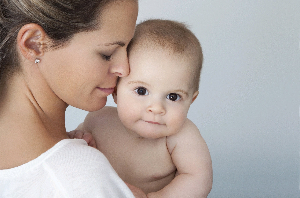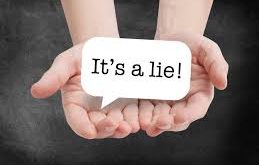Having a baby is a huge decision and one that should not be taken lightly.
It’s important to understand the biological factors that can affect a woman’s ability to conceive and the timeline she has to work with.
A woman’s fertile age period is the time when she is most likely to conceive, and it’s important to understand when that time is to plan for a family.
A woman is born with all of the eggs she will ever have (around 1-2 million at birth). The number of eggs decreases as she ages, and by the time she reaches her mid-thirties, she has only about 25,000 eggs left.
This means that a woman is most fertile between the ages of 16 and 25, when she has the highest number of eggs available and when they’re most likely to be healthy.
According to Womenshealthmag, the best age for a woman to get pregnant is in her twenties.
By then, her body is mature enough to carry a child and she’s got a solid decade before her fertility starts to decline (that begins at 32 and becomes more rapid after 37).
It’s important to keep in mind that a woman’s fertility isn’t the only factor that affects her ability to conceive. Even if she is within her fertile age period, she may still have difficulty conceiving due to other factors, such as a health condition, lifestyle choices, or environmental factors.
Additionally, the quality of male reproductive cells can also affect fertility.
Source: CHRIS NEWS MEDIA
 Home Of Ghana News Ghana News, Entertainment And More
Home Of Ghana News Ghana News, Entertainment And More





